Team Science
News

A Catalyst for Collaboration
The Stanford Autoimmune & Allergy Supergroup (SAAS) connects researchers across departments and disciplines. Autoimmune and allergic diseases are complex, and they nearly always affect multiple organs and systems. To advance research and help patients, synthesizing a range of specialties is key.
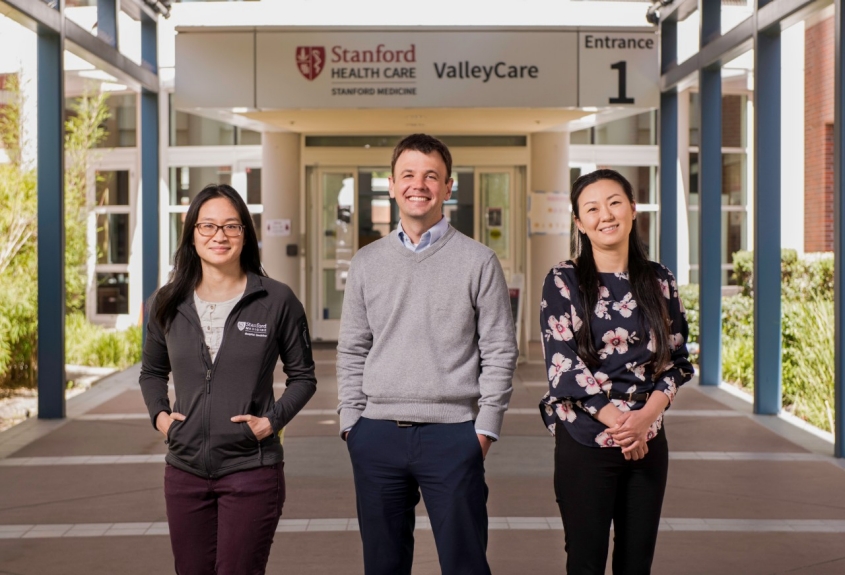
Tri-Valley – A Growing Nexus for Team Science Research
Clinical care has grown dramatically at Stanford Health Care Tri-Valley in the past decade, with significant investments in both inpatient and outpatient infrastructure and many different medical specialties represented among the 119 full-time faculty. This growth, spurred by a rising, diverse patient population, is opening up new opportunities for clinical research and team science.
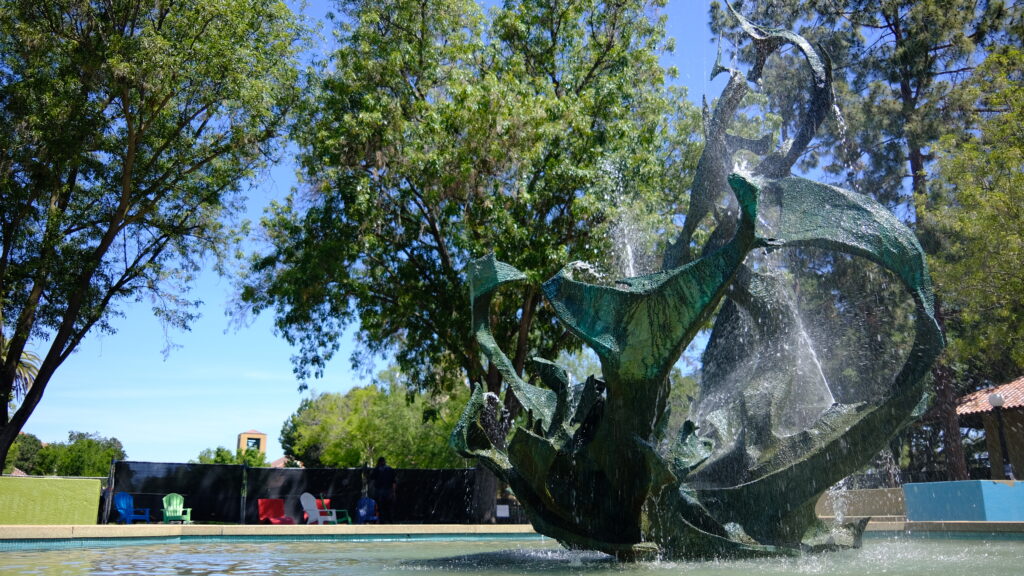
Team Science Seed Grant Recipients Announced
Stanford Medicine is among nine organizations that received major funding to expand access to care for underserved, rural, vulnerable, and minority populations disproportionately impacted by the effects of the pandemic. The Stanford project, named Long COVID Care REACH (Long COVID Care Resources and Education for Advancing Community Health) is co-led by three Department of Medicine investigators: Upinder Singh, MD; Linda Geng, MD, PhD; and Hector Bonilla, MD.
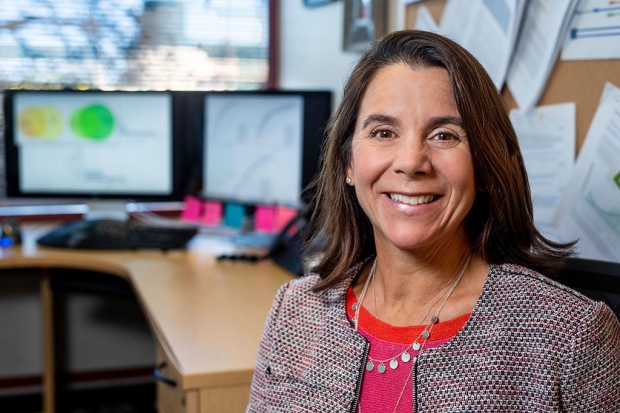
Awards for Supporting Actors
Academia has a long history of rewarding individual efforts, and without a doubt, PI status remains vital to any investigator. But as research is more and more conducted in teams, what are the benefits of playing a contributing role? Why commit precious time to engage on the sidelines as a supporting actor?
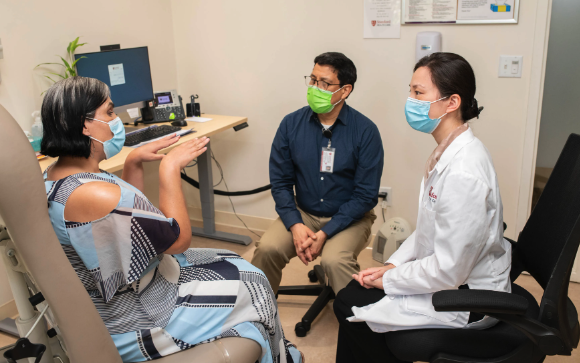
First of its Kind Grant Expands Access to Care for People with Long COVID
The recipients of the first round of seed grants for clinical faculty who want to broaden their research have been announced.

ARISE: Addressing the Gaps in Asian American Health Research
Asian Americans, Native Hawaiians, and Pacific Islanders make up 7.7% of the U.S. population, yet historically, the National Institutes of Health invested a mere 0.17% of its budget to research the health of these groups. A large cohort study termed ARISE and led by Ann Hsing, PhD, professor of medicine, will be part of a national effort to address this gap.
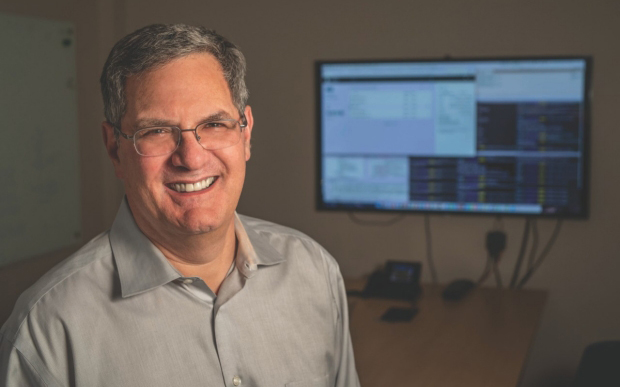
A Scalable Solution for FAIR Data Sharing
Open access to data is a fundamental component of team science. The NIH now requires that plans for data sharing be part of all grant submissions. By 2025, data generated as part of all federally funded research must be publicly available, and it must be FAIR (findable, accessible, interoperable, and reusable.)
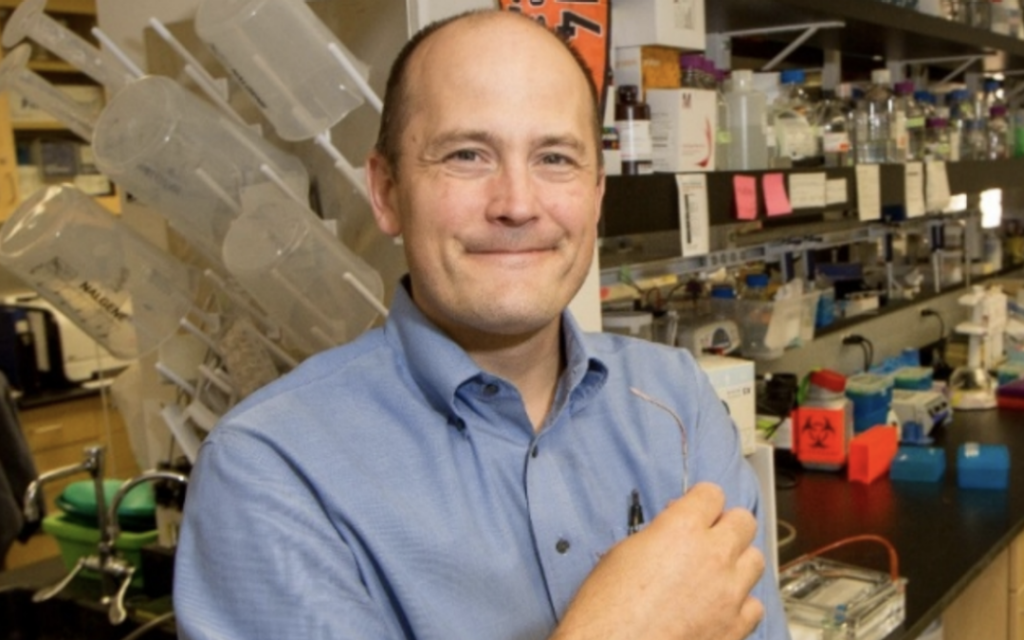
Team Science Tackles Antibiotic-Resistant Infections
Antibiotic-resistant bacterial wound infections are responsible for massive human suffering. They also come at a high cost to health systems. Stanford scientists are launching an experimental approach using phages (cutting-edge, novel therapies for treating bacterial infections, including wounds and burns).

